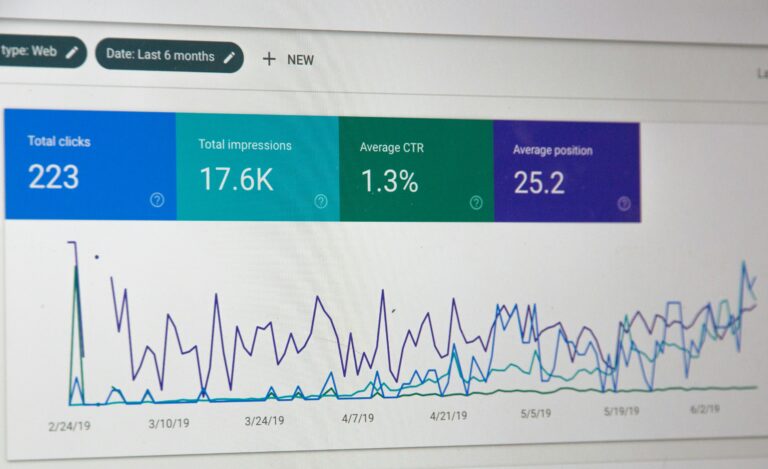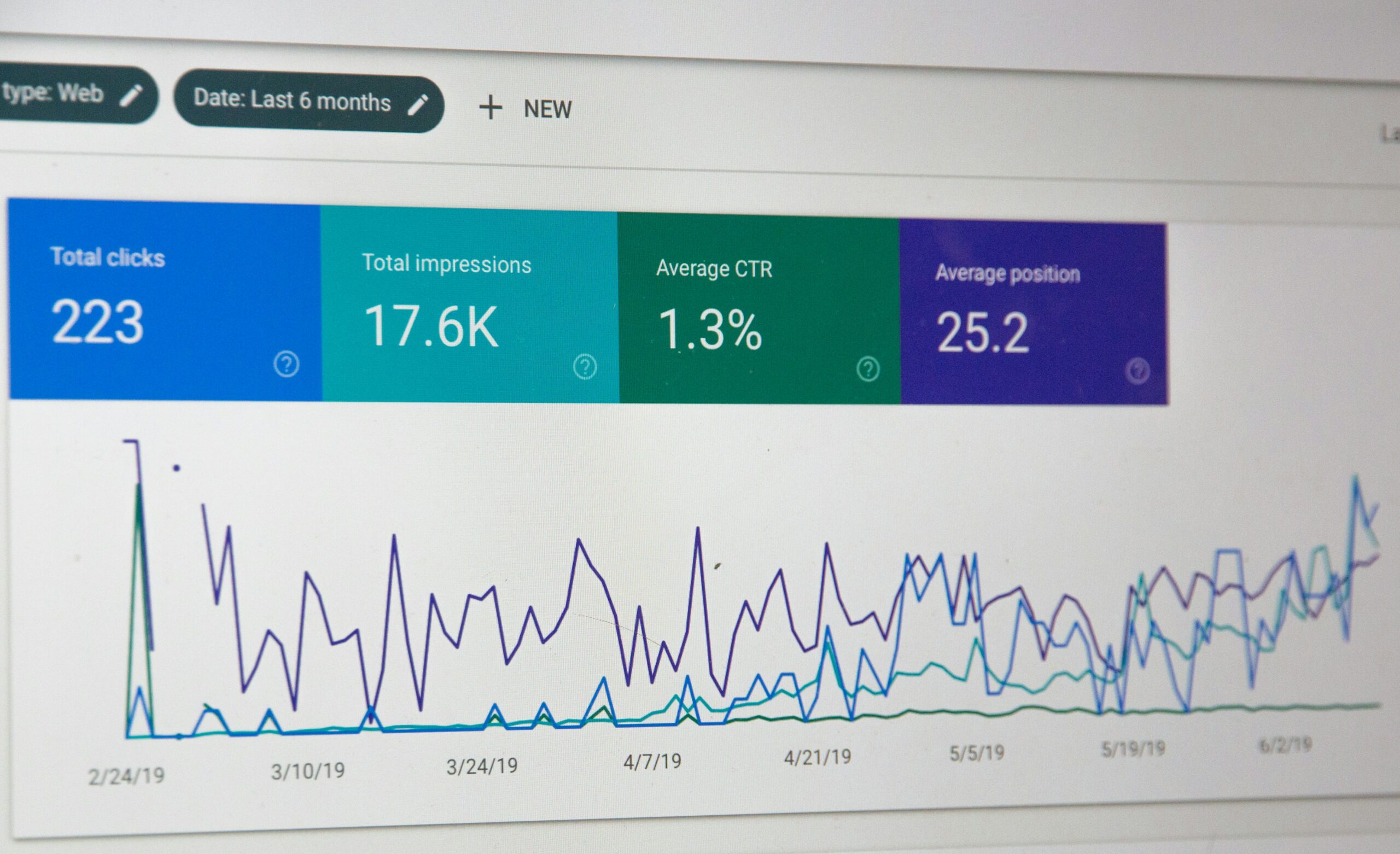
In today’s digital age, data management has become a crucial aspect of running a successful business. With the abundance of data that companies deal with on a daily basis, proper data management is essential for efficiency and success. From customer data to internal records, managing and organizing digital data requires expertise to prevent issues such as duplicate records, inaccurate information, and wasted time and storage space. By implementing optimal techniques for data management, businesses can ensure that their data is reliable, consistent, and easily accessible, paving the way for effective data analytics and informed decision-making. To improve your data management, it is important to outline your objectives, focus on data quality, prioritize data security, reduce duplicate data, create a data recovery strategy, and invest in a good data management software. By doing so, your business can harness the power of data in today’s competitive landscape.

What Exactly Is Data Management?
Data management is the process of developing and executing architectures, policies, practices, and procedures to effectively manage the information lifecycle needs of an enterprise. It involves various disciplines and aims to ensure that an organization’s data is reliable, consistent, easily accessible, and securely stored.
Data management plays a crucial role in data analytics. By removing duplicates and standardizing formats, it paves the way for accurate and reliable analysis. Without a solid data management strategy, data analysis can be complex and unreliable.
How to Improve Your Data Management?
Improving data management is essential for businesses in the digital age. Clean, quality, and reliable data is necessary for developing effective marketing campaigns, automations, and gaining vital insights into customer data and behavior patterns. Here are a few best practices to improve your data management:
Outline your company’s objectives
Before diving into data management, it is crucial to outline your company’s objectives for using the data. By starting small and knowing what you intend to do with the data, you can focus on keeping only the information that is pertinent to your goals. This prevents your data management software from becoming cluttered and disorganized.
Many businesses tend to keep excessive amounts of data without a clear purpose. By keeping only the necessary data, your data management software remains manageable and easier to navigate.
Focus on data quality
Data quality is essential for effective data management. Limiting your data to only the information your company needs helps maintain its accuracy. Regularly check old data for accuracy and remove outdated or stale data from your data management software. Training all team members who have access to the data on proper data collection and input methods can also improve data quality.
Automated processes are common, but it is still crucial to train team members responsible for setting up automation or manually inputting data. Preventing inaccurate data entry avoids potential issues and ensures clean data.
Prioritize data security and protection
Data security should be a top priority for any business. Protecting your company from data breaches that could compromise customer information is crucial. Ensure compliance with applicable regulations, such as the General Data Protection Regulations (GDPR), to maintain customer privacy.
By using appropriate data management software and following data protection laws, you can enhance the security and safety of your data. Educate your team members on handling data properly and assign responsible individuals to oversee data management.
Reduce duplicate data
Dealing with duplicate data is a common challenge for businesses. Implement procedures to handle potential redundancies when receiving duplicate data from leads or customers. Design systems that prevent exact data from being added to your data management system in situations like multiple lead magnet opt-ins or repeat purchases.
Consider designing preventive measures to avoid duplicate data and redundancies. This will help ensure that your data remains clean and organized.
Create a data recovery strategy
Accidents happen, and having a data recovery strategy is crucial for business continuity. Losing access to customer data can significantly impact marketing campaigns, automation systems, and sales strategies. Be prepared for scenarios like accidental data deletion, account shutdowns, or software failures.
Establish practical backup and recovery plans. Regularly export data to a separate storage system or cloud service for easy restoration in emergencies. Implement security permissions to protect account access.
Get a good data management software
Choosing the right data management software is essential for a successful data management process. A poor software choice can lead to various problems. Consider factors such as ease of use, suitability for your business’s size, and security when selecting data management software.
Look for a customer data platform that provides precise audience engagement tools, accurate insights, and automated data enrichment and cleaning. This platform should facilitate the work of your sales and marketing teams, ensuring the most accurate and comprehensive view of your data.

Conclusion
In today’s digital era, efficient data management is crucial for transforming raw data into valuable insights and staying ahead of the competition. Implementing a comprehensive data management strategy, building a knowledgeable team, enforcing data security measures, and utilizing meaningful metrics are essential for business success.
Clean, reliable, and accessible data is the foundation of effective marketing campaigns, automation systems, and data analysis. By implementing the outlined best practices, businesses can improve their data management and unlock the full potential of their data assets.